‘Rehab’ exposes the dark underside of U.S. drug treatment centers
In Rehab, journalist Shoshana Walter investigates the systemic pitfalls of drug treatment programs, which prevent people’s recovery from addiction.
Every print subscription comes with full digital access

Earth has survived huge temperature swings over eons of climate change. Humans might not be so lucky.

In Rehab, journalist Shoshana Walter investigates the systemic pitfalls of drug treatment programs, which prevent people’s recovery from addiction.
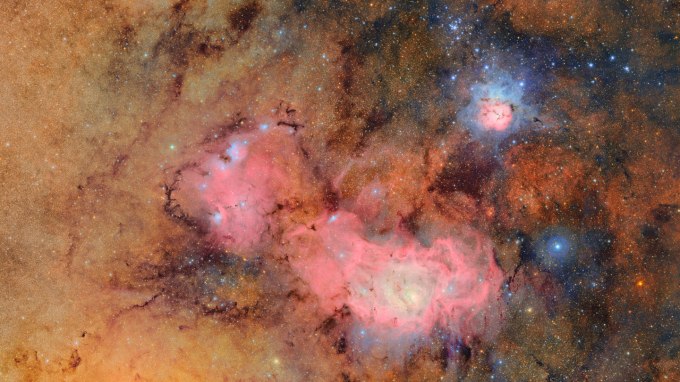
These are the first public images collected by the Chile-based observatory, which will begin a decade-long survey of the southern sky later this year.
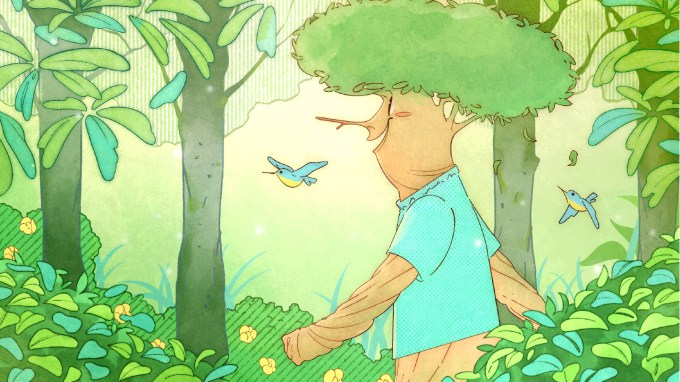
In fantasy worlds, trees like the Lord of the Rings’ Ents are agile and mobile. In the real world, they’re slow.

Scientists and journalists share a core belief in questioning, observing and verifying to reach the truth. Science News reports on crucial research and discovery across science disciplines. We need your financial support to make it happen – every contribution makes a difference.

The personalized CRISPR treatment could be the future of gene therapy, but hurdles remain before everyone has access.
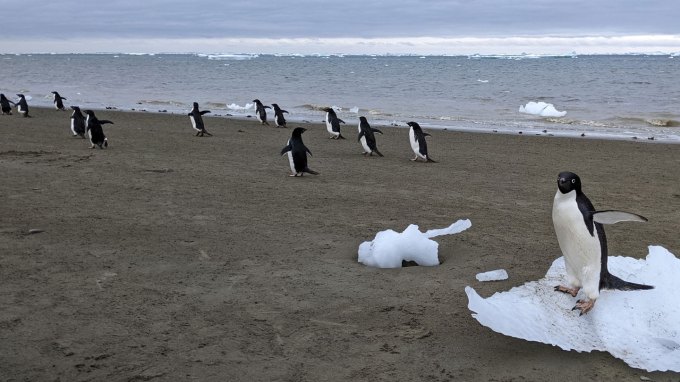
Penguin poop provides ammonia for cloud formation in coastal Antarctica, potentially helping to mitigate the impacts of climate change in the region.

The AI tool used machine learning to outperform current weather simulations, offering faster, cheaper, more accurate forecasts.
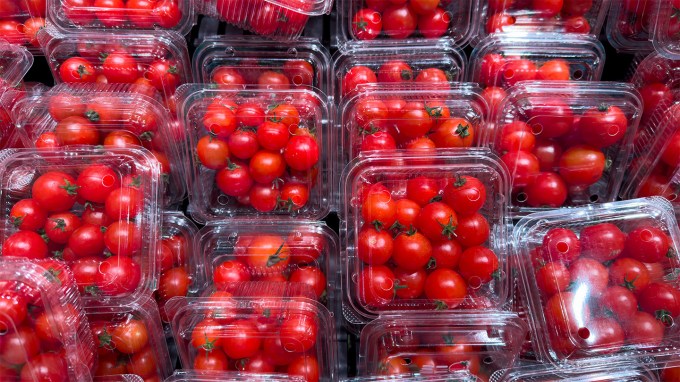
In 2018, over 350,000 excess heart disease deaths were linked to phthalates. More research is needed to fully understand the chemicals' effects.
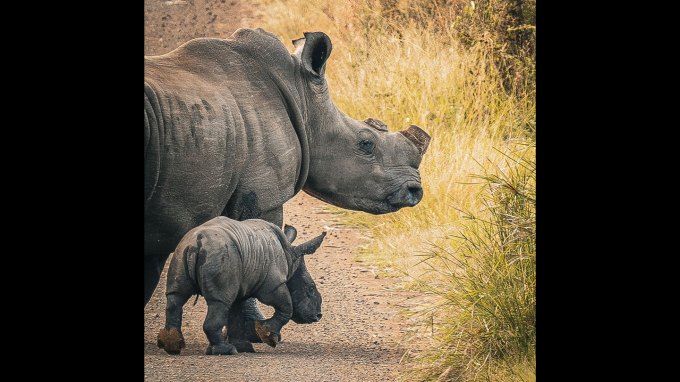
Comparing various tactics for protecting rhinos suggests that dehorning them drastically reduces poaching.
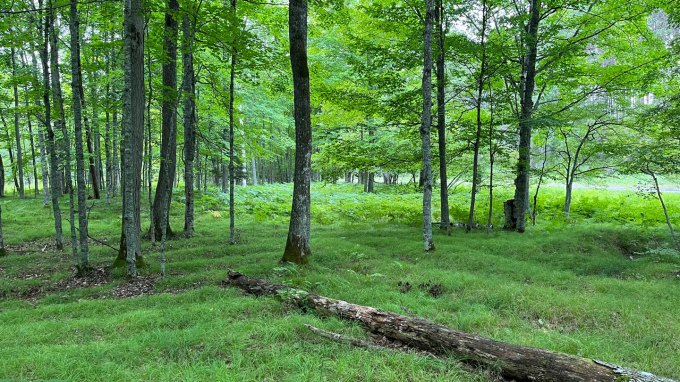
Ancestral Menominee people in what’s now Michigan’s Upper Peninsula grew maize and other crops on large tracts of land despite harsh conditions.
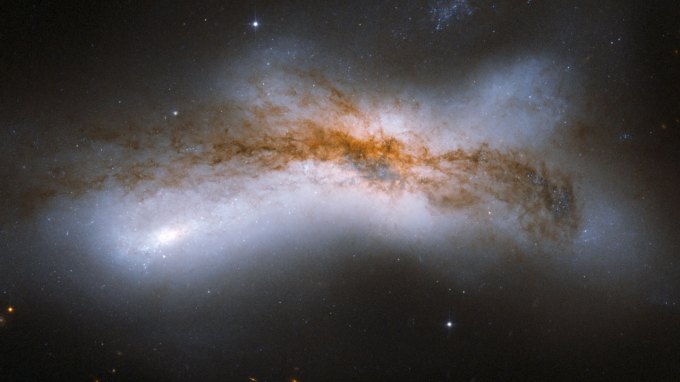
The Milky Way may merge with the Large Magellanic Cloud in 2 billion years, not Andromeda, contrary to previous findings.
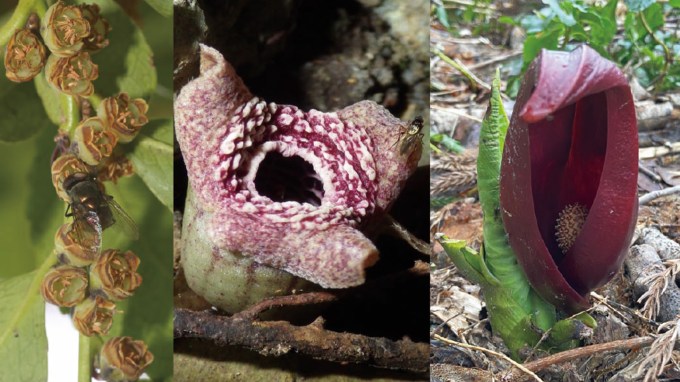
Some stinky plants independently evolved an enzyme to take the same molecule behind our bad breath and turn it into the smell of rotting flesh.
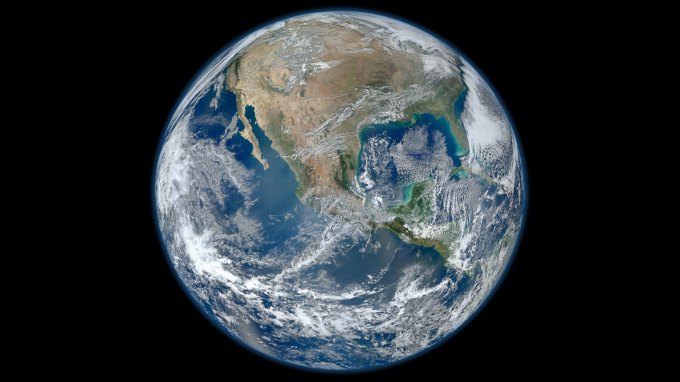
Simulations show that the star's tug could send Mercury, Venus or Mars crashing into Earth — or let Jupiter eject our world from the solar system.
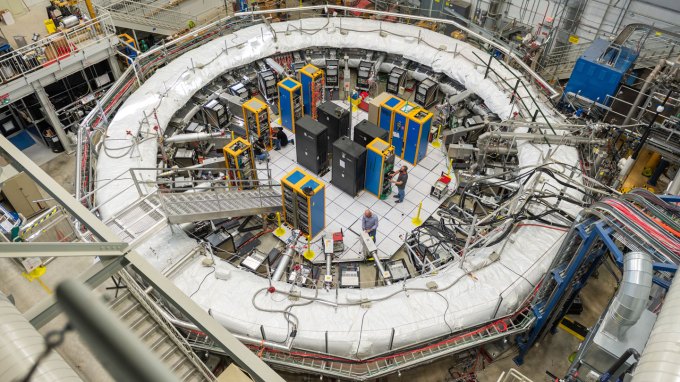
A puzzle over muons’ magnetic properties could have broken the standard model. But the theory bounced back.
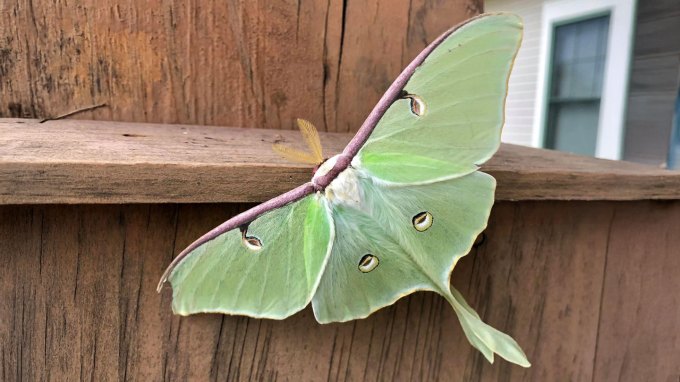
Warm temperatures, not just predator pressure, may favor luna moths’ long bat-fooling streamers, a geographic analysis of iNaturalist pics shows.

Move over belly flops and cannonballs. Manu jumps, pioneered by New Zealand’s Māori and Pasifika communities, reign supreme.

Molecular evidence from a 2-million-year-old southern African hominid species indicates sex and genetic differences in P. robustus.
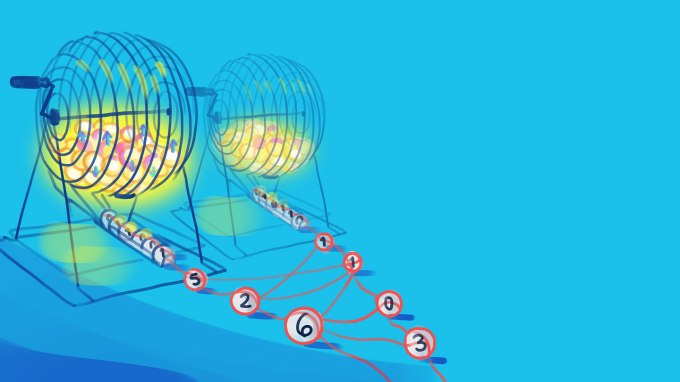
From jury duty to tax audits, randomness plays a big role. Scientists used quantum physics to build a system that ensures those number draws can’t be gamed.
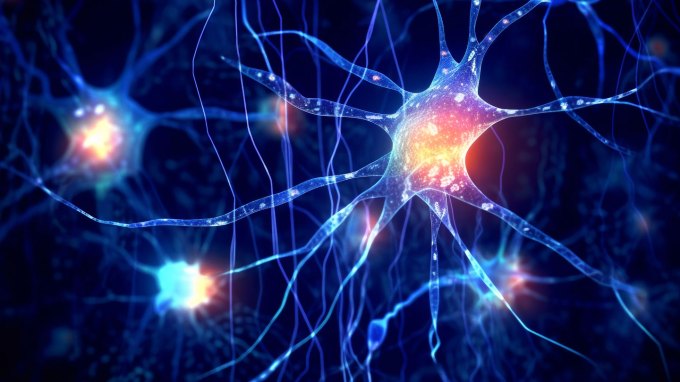
New studies show that astrocytes, long thought to be support cells in the brain, are crucial intermediaries for relaying messages to neurons.

Two preventive tools — a maternal vaccine and a monoclonal antibody — were tied to a recent drop in RSV hospitalization rates for U.S. babies.

Too little Bifidobacterium, used to digest breast milk, in babies' gut microbiomes can increase their risk of developing allergies and asthma.
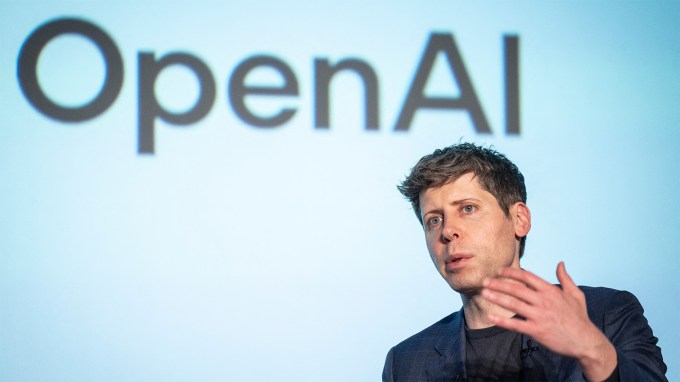
In Empire of AI, journalist Karen Hao investigates OpenAI and the social and environmental costs of a multinational tech arms race.
Subscribers, enter your e-mail address to access the digital replica edition.